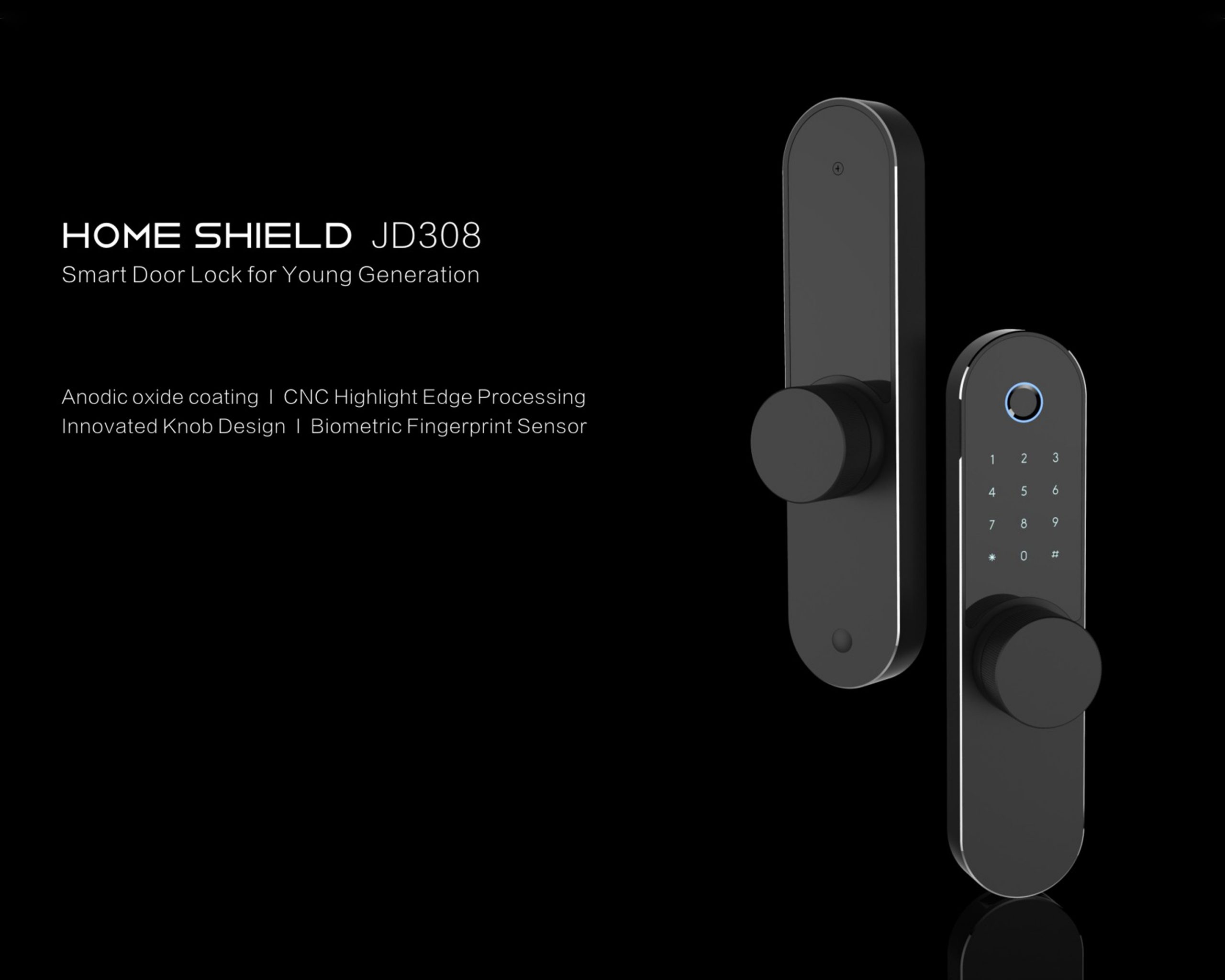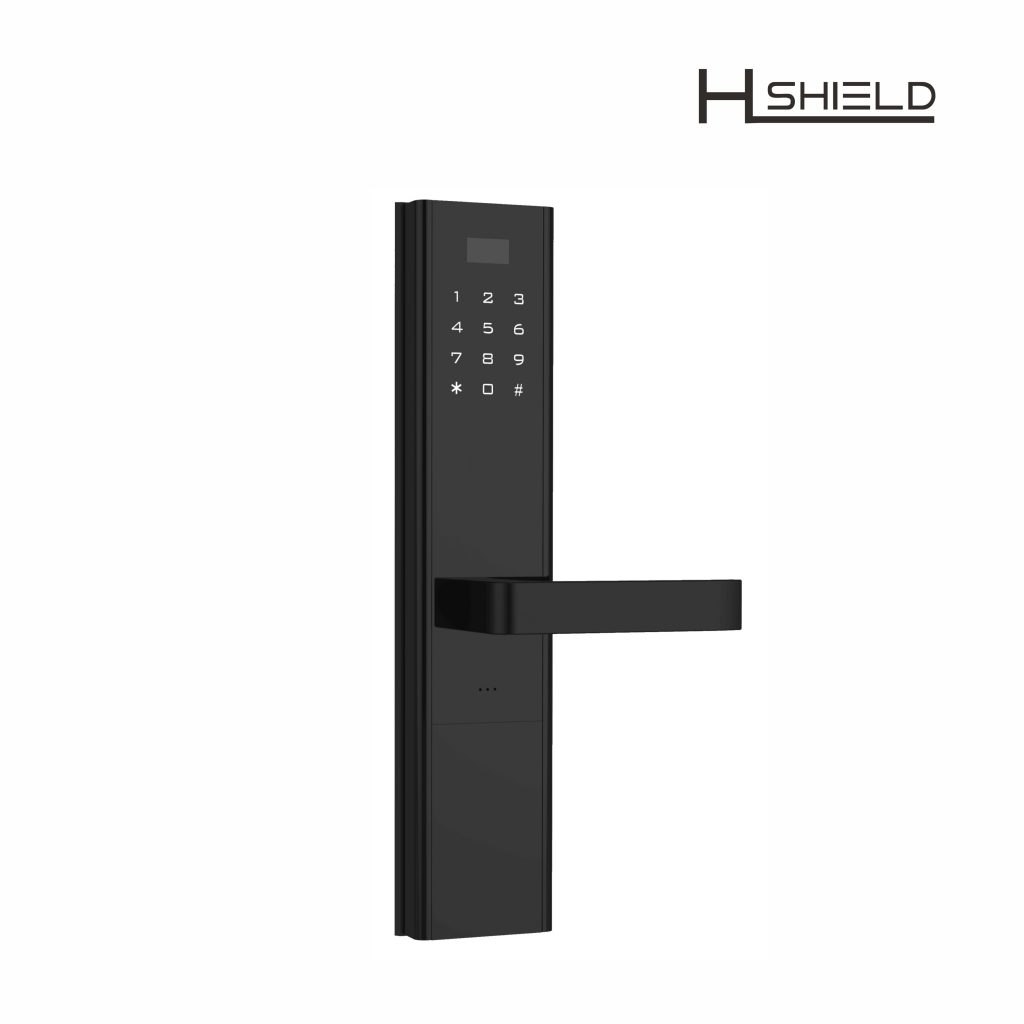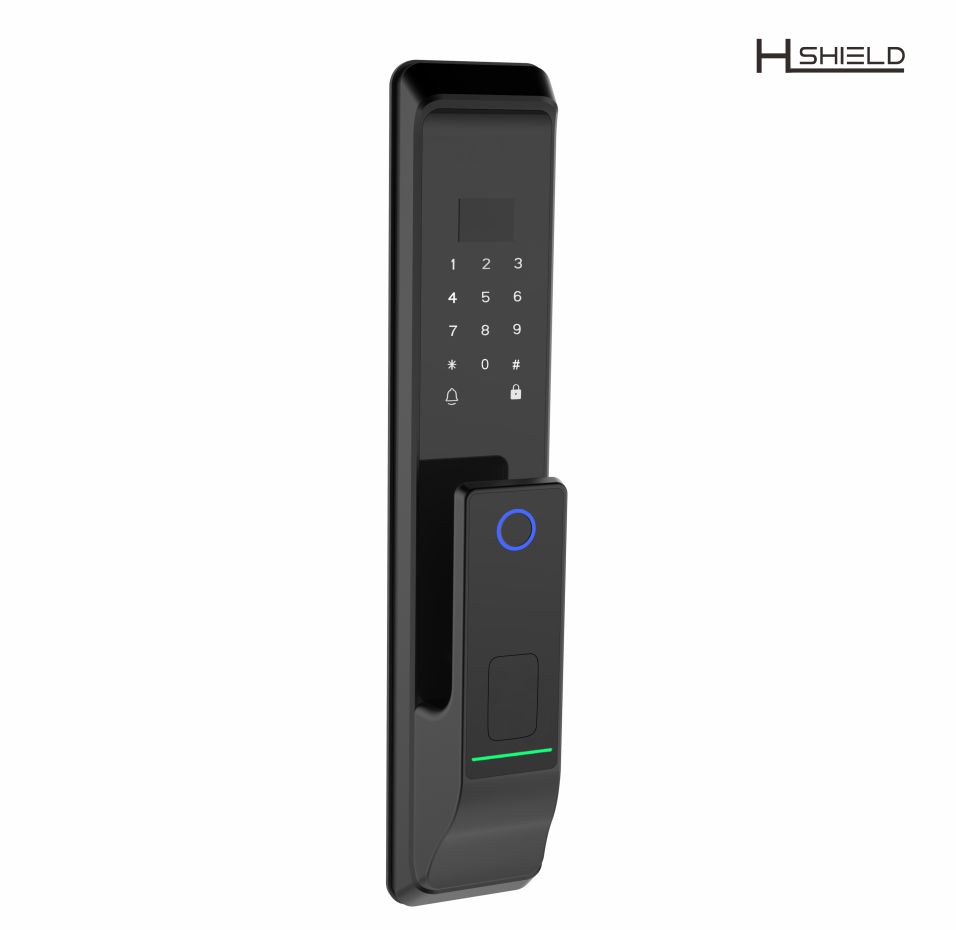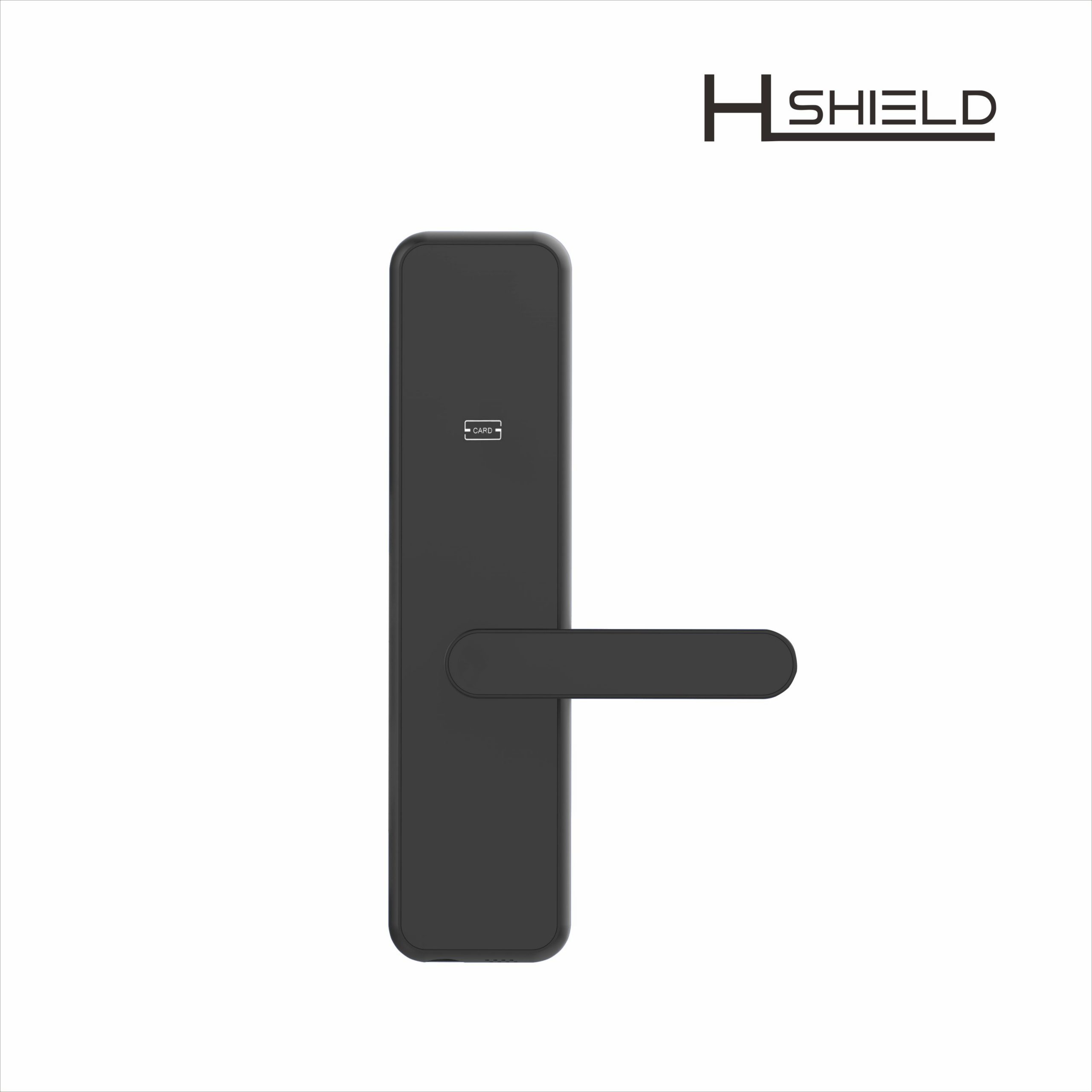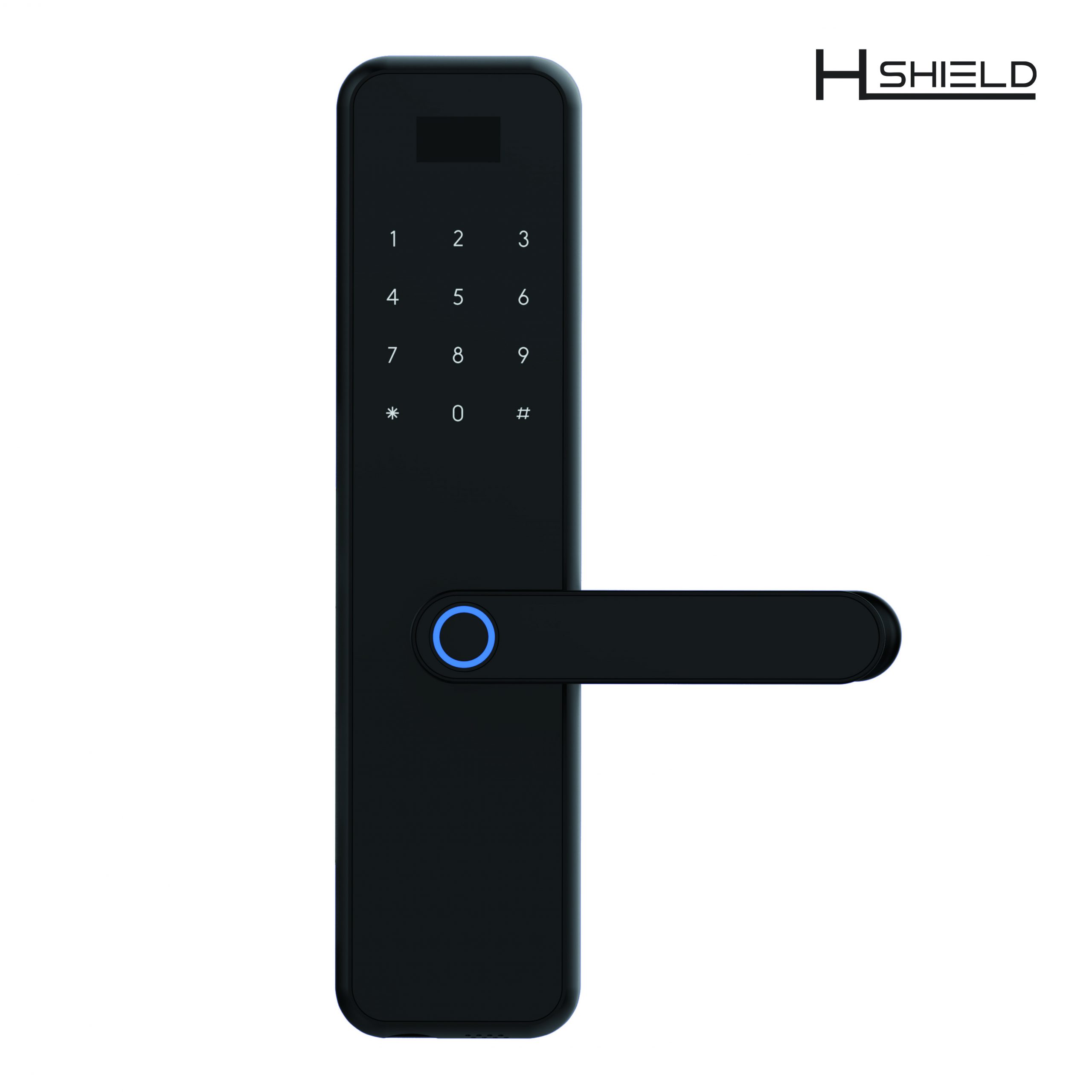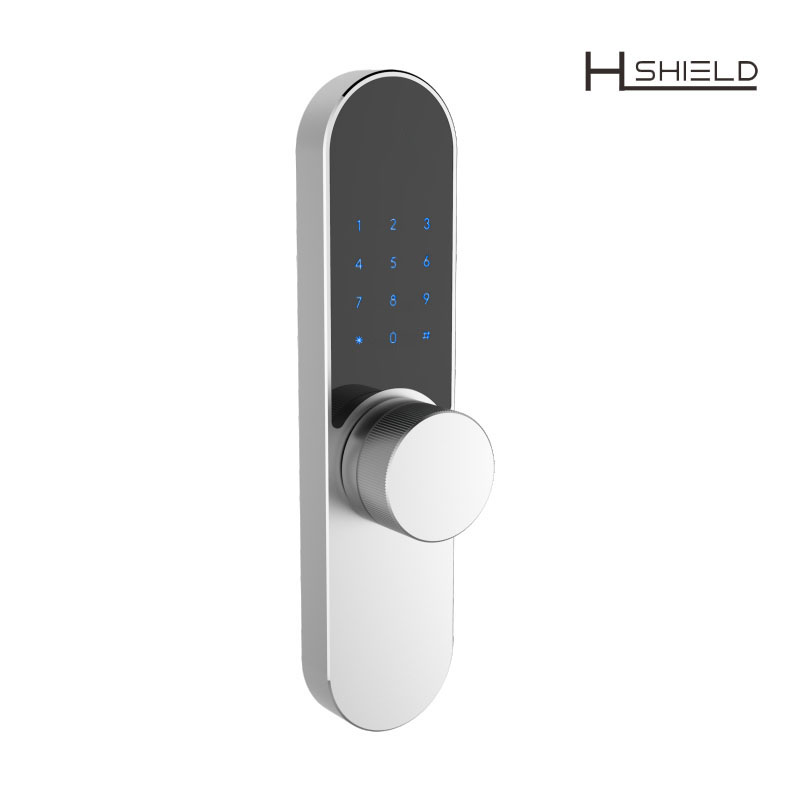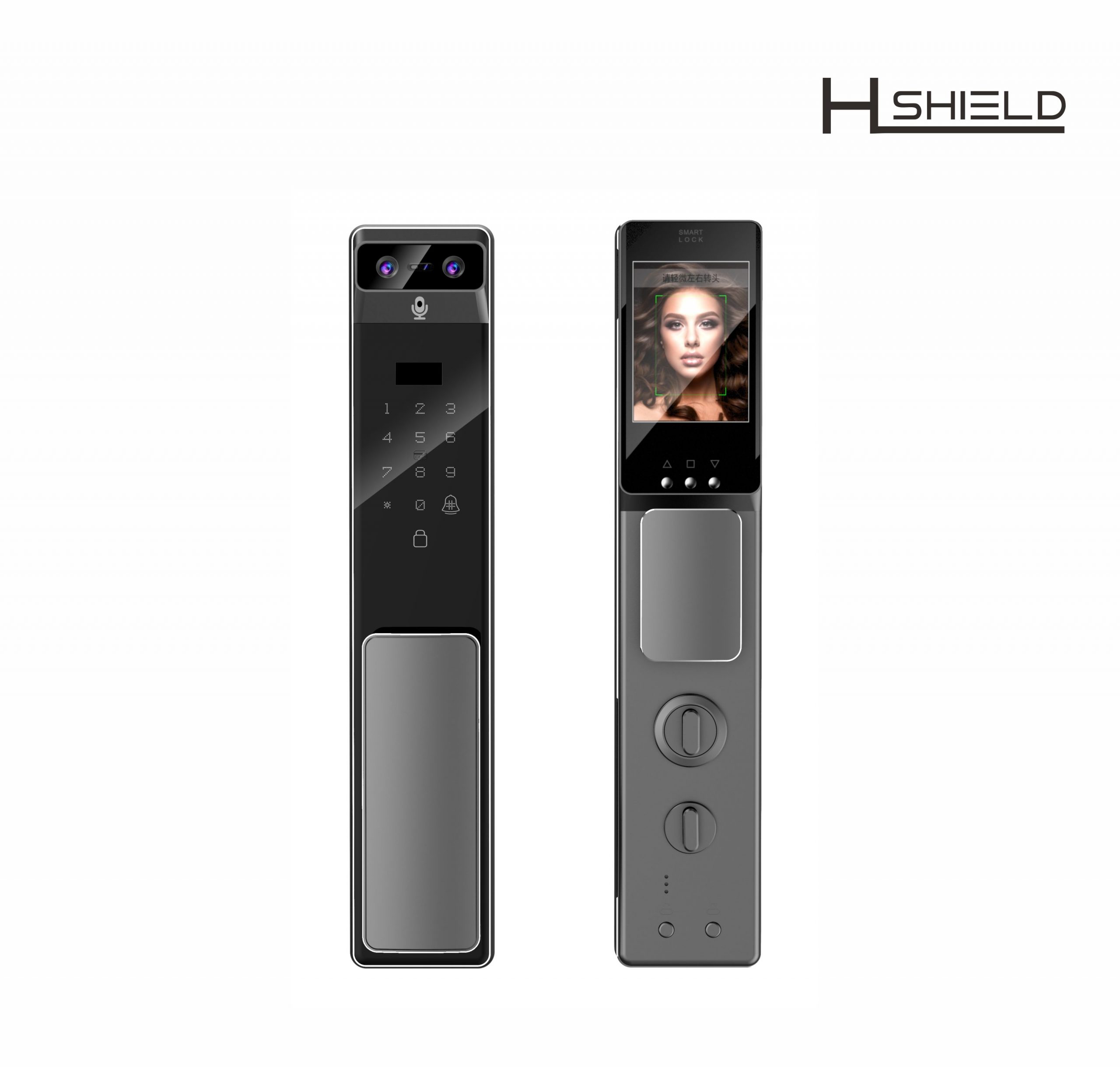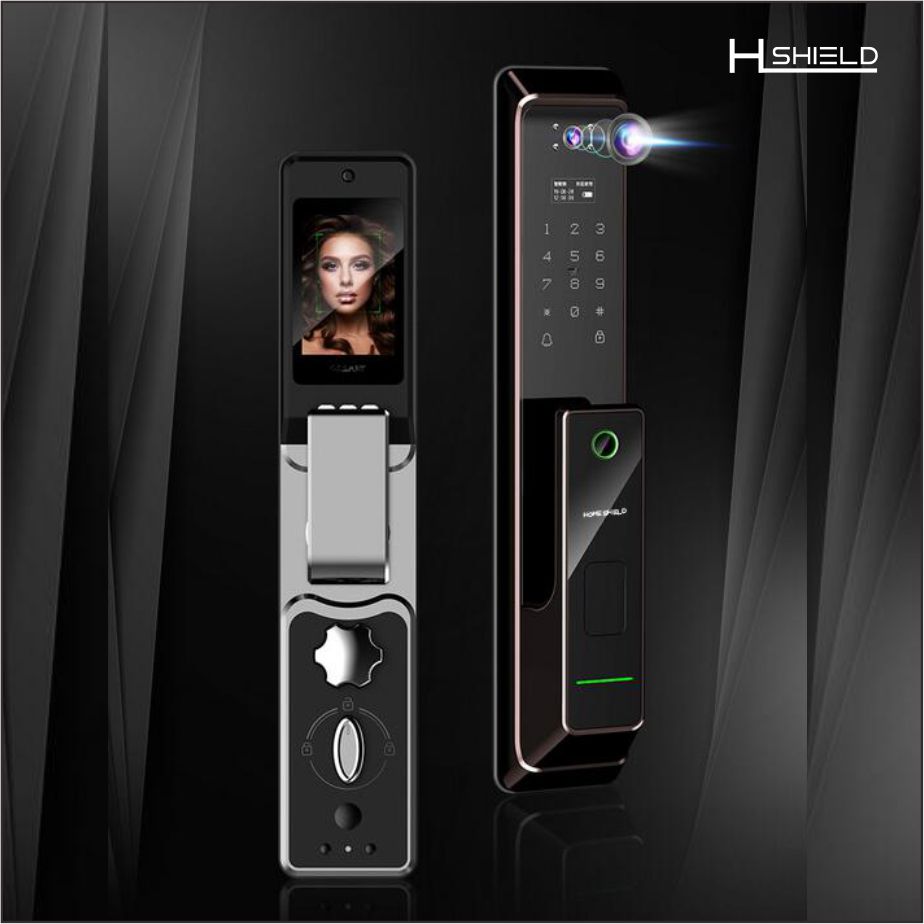Introduction
Smart door locks are revolutionizing the hospitality industry, particularly in Europe, by transforming hotel operations. With the rise of contactless check-ins, spurred by the COVID-19 pandemic, these advanced systems enhance guest experiences and ensure safety. Imagine arriving at your hotel after a long journey, bypassing the front desk, and unlocking your room with a tap on your smartphone. This seamless experience, thanks to smart door locks, blends convenience with cutting-edge technology. Their adoption is more than a response to health concerns; it’s a glimpse into the future of hospitality, shaping guest experiences and redefining hotel interactions. As we delve into the evolution of hotel door locks and the rise of contactless check-ins, we’ll see how these technologies are shaping the guest experience in Europe and beyond.
Evolution of Hotel Door Locks
The journey from traditional key locks to smart door locks marks a significant technological evolution in the hospitality industry. Initially, hotels relied on simple mechanical key systems, which, while effective, posed several challenges. Lost keys, unauthorized key duplication, and the hassle of key management were common issues that plagued hotel operations.
In the late 1900s, electronic key cards came in, changing the game. These cards had magnetic stripes and made it easier to control who could enter rooms. Hotels liked them because they made check-ins faster and places safer.
But as tech got better, hotels needed fancier solutions. That’s when smart door locks came in. These locks use Bluetooth, Wi-Fi, and things like fingerprints to let people in without keys or cards.
Smart door locks are a huge improvement in hotel safety and guest comfort. They get rid of the worry of losing keys and offer a safer, easier way in. Plus, they can connect to hotel systems, making things run even smoother.
Switching from keys to smart locks is a big step forward for hotels. It makes stays more convenient, safer, and shows how tech keeps changing hospitality. In the future, smart locks will likely become even more important, setting new standards and making guest experiences even better.
The Rise of Contactless Check-In
Contactless check-in is revolutionizing the hospitality industry, providing guests with a seamless and efficient way to access their rooms without the need for traditional front desk interactions. This innovative approach has gained significant traction, particularly in light of the COVID-19 pandemic, which heightened the demand for safer and more hygienic solutions.
So, what exactly is contactless check-in? Simply put, it’s a process that allows guests to check into their hotel rooms without any physical contact with staff. Using their smartphones, guests can complete the check-in process online, receive their room assignment, and even unlock their room doors with a digital key. This technology not only streamlines the arrival experience but also reduces the time spent waiting in lines and minimizes physical contact, making it an ideal solution in today’s health-conscious environment.
The rise of contactless check-in is thanks to new tech improvements. Mobile apps connected to hotel systems are key. These apps let guests check in from afar, use hotel services, and get updates on their phones. Plus, smart door locks with Bluetooth or NFC make room entry easy and safe.
Hotels in Europe are jumping on this trend. Big chains like Hilton and Marriott offer contactless check-in in lots of places, making arrivals safer and easier. This change follows health rules and suits modern travelers who like tech.
Beyond just safety, contactless check-in helps hotels work better. Staff can focus on important stuff since check-in is smoother. Guests like it too, skipping lines and going straight to their rooms. The data from this system helps hotels give guests what they want, making them happy and building a good image.
Impact of COVID-19 on Hospitality
The COVID-19 pandemic has had a profound impact on the hospitality industry, accelerating the adoption of contactless technologies, including smart door locks. The need to reduce physical contact and enhance hygiene standards became paramount, prompting hotels to rethink their operational strategies. In Europe, where tourism is a significant economic driver, the shift towards contactless solutions has been particularly pronounced.
Hotels faced numerous challenges during the pandemic, including reduced occupancy rates and heightened concerns about health and safety. Contactless check-in and smart door locks emerged as effective solutions to these challenges. By minimizing physical interactions between guests and staff, hotels could offer a safer environment, instilling confidence in travelers wary of potential health risks.
This transition to contactless technology was not just about compliance with health guidelines; it also represented a strategic move towards enhancing guest experience. With travel restrictions easing and tourism slowly recovering, hotels that adopted smart door locks and other contactless solutions found themselves better positioned to attract and retain guests. The convenience and safety offered by these technologies became key selling points, helping to rebuild trust in the hospitality sector.
Features of Smart Door Locks
Smart door locks are equipped with a range of features designed to enhance security and convenience. These locks provide keyless entry, eliminating the need for physical keys or cards. Instead, guests can use their smartphones, wearables, or even biometric data such as fingerprints or facial recognition to unlock their rooms.
One of the primary advantages of smart door locks is their integration with hotel management systems. This integration allows for real-time monitoring and control, enabling hotel staff to manage access remotely. For example, if a guest loses their smartphone, the hotel can quickly revoke access and issue a new digital key, ensuring security is maintained.
Hotel door locks also offer enhanced security features. They can log entry and exit times, providing a record of who accessed the room and when. This feature is particularly useful for ensuring guest safety and managing incidents. Additionally, these locks often come with tamper alarms and automatic locking mechanisms, further enhancing security.
For guests, smart door locks offer unparalleled convenience. The ability to use a smartphone to unlock the door means no more fumbling with keys or cards. Guests can also check in at their convenience, bypassing the front desk entirely. This seamless experience contributes to a more enjoyable stay, aligning with the expectations of modern travelers.
Benefits for Hotels
The implementation of smart door locks offers numerous benefits for hotels, ranging from operational efficiency to enhanced guest satisfaction. One of the most significant advantages is the reduction in front desk workload. With contactless check-in, staff can focus on other important tasks, improving overall service quality.
Smart door locks also lead to cost savings. Physical key management, including the replacement of lost keys and maintenance of key card systems, can be costly and time-consuming. Smart locks reduce these expenses by eliminating the need for physical keys and simplifying access control.
Moreover, smart door locks enhance the guest experience by providing a seamless and modern check-in process. This technology aligns with the expectations of tech-savvy travelers who value convenience and efficiency. The ability to check in and access rooms using a smartphone or wearable device adds a layer of sophistication to the hotel experience.
In addition to operational benefits, these fingerprint door locks can improve security and reduce the risk of unauthorized access. The ability to monitor and control access remotely ensures that only authorized individuals can enter guest rooms. This feature is particularly valuable for maintaining security and addressing any potential issues promptly.
Case Studies from Europe
Several European hotels have successfully implemented smart door locks, showcasing the benefits and positive impact of this technology. For instance, the Radisson Blu in Berlin adopted a smart lock system that integrates with their mobile app. This system allows guests to check in online, receive a digital key, and go straight to their rooms upon arrival. The feedback from guests has been overwhelmingly positive, highlighting the convenience and efficiency of the process.
Similarly, the Hôtel Lutetia in Paris introduced smart door locks as part of a broader digital transformation strategy. The hotel reported significant improvements in guest satisfaction and operational efficiency. Guests appreciated the contactless check-in option, especially during the pandemic, and the hotel staff found the system easy to manage and maintain.
These case studies illustrate the tangible benefits of smart door locks in enhancing guest experiences and streamlining hotel operations. By adopting this technology, hotels in Europe are setting new standards for the industry and positioning themselves as leaders in innovation.
Future Trends and Predictions
The future of smart door locks in hotels looks bright, with exciting trends and innovations on the way. One big thing we’re expecting is the use of artificial intelligence (AI) and machine learning. These technologies can make smart locks even better by predicting when maintenance is needed, offering personalized experiences for guests, and adding extra security features.
Another area to watch is biometric authentication. Some hotels already use things like fingerprints or facial recognition, but we’ll see more of it and it’ll get fancier. Biometric locks are super secure and convenient, so they’ll be popular, especially in luxury hotels and places with tight security.
We’ll also see hotels beefing up their cybersecurity to protect guest info and stop unauthorized access. As smart locks become more common, it’ll be even more important to keep them safe from hackers.
Of course, there are challenges too. Smart locks can be pricey to set up, especially for smaller hotels. And they need regular maintenance to keep working right. But in the long run, the benefits, like happier guests and smoother operations, make it worth it.
Conclusion
In conclusion, smart door locks are shaping the future of hospitality by providing secure, convenient, and contactless solutions. Their rise, particularly in response to the COVID-19 pandemic, underscores their importance in modern hotel operations. With features that enhance security and convenience, and benefits that improve operational efficiency and guest satisfaction, smart door locks are transforming the hospitality industry. As technology continues to advance, the adoption of smart locks will grow, setting new standards for guest experiences and operational excellence. The future of hospitality is smart, secure, and seamless, thanks to the innovative potential of smart door locks.
Ready to upgrade your hotel’s security and guest experience? Check out HomeShield Smart’s range of hotel locks today! Visit hotel lock to explore cutting-edge solutions that combine convenience, safety, and innovation. Don’t miss out on the opportunity to elevate your hotel’s standards with state-of-the-art smart door locks. Upgrade now and ensure the safety and satisfaction of your guests while staying ahead in the hospitality industry. Take the first step towards a smarter and more secure future for your hotel. Click the link and discover the possibilities with HomeShield Smart!

